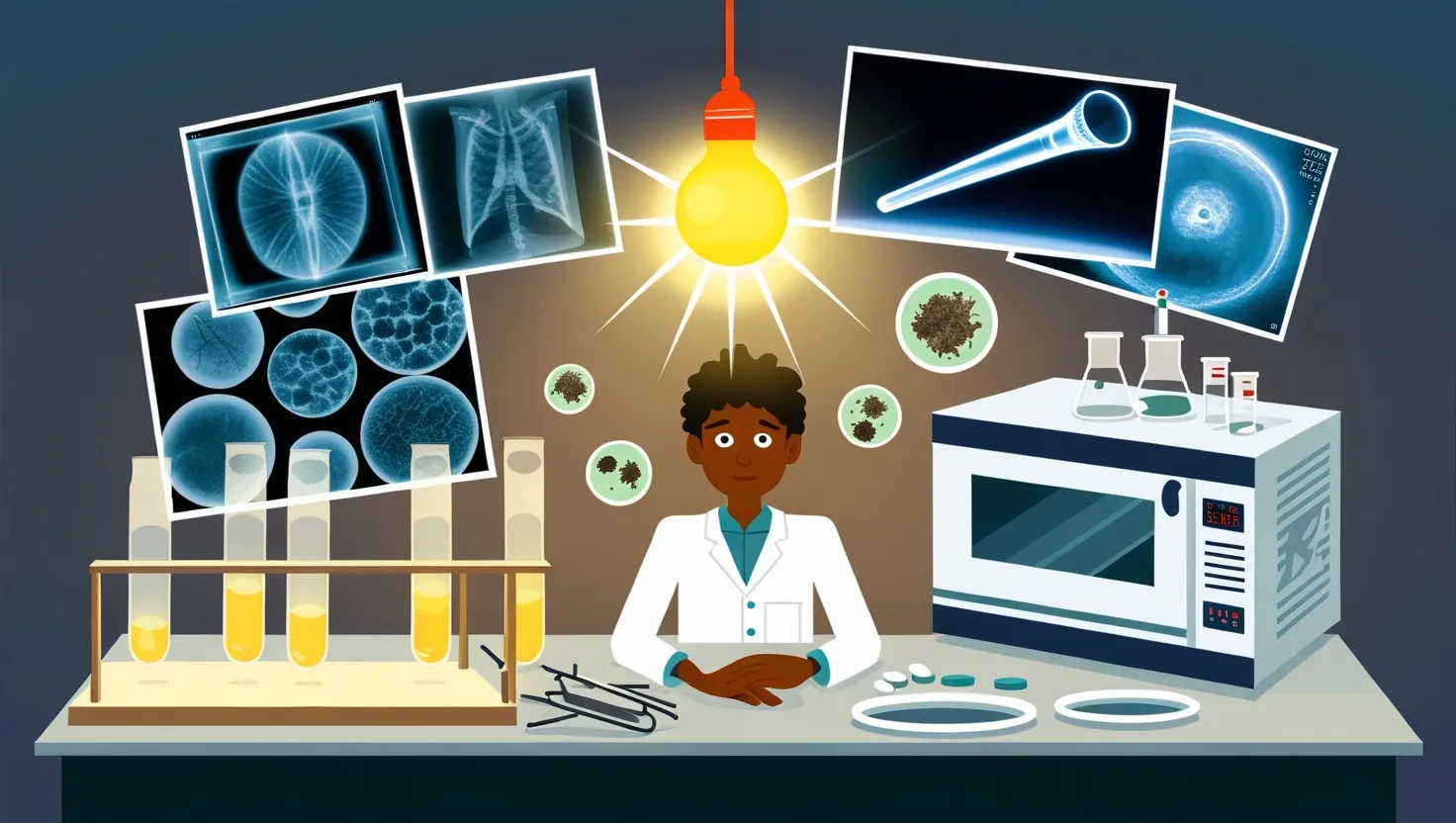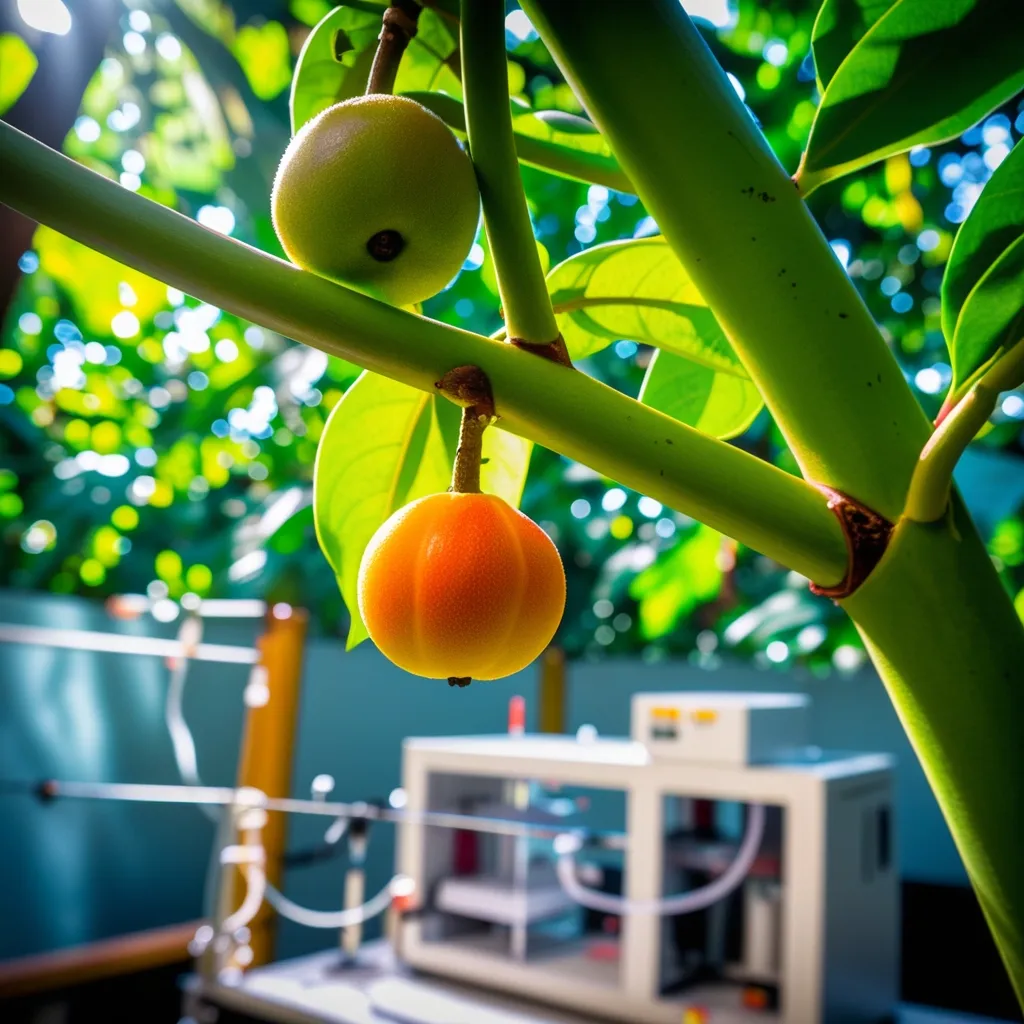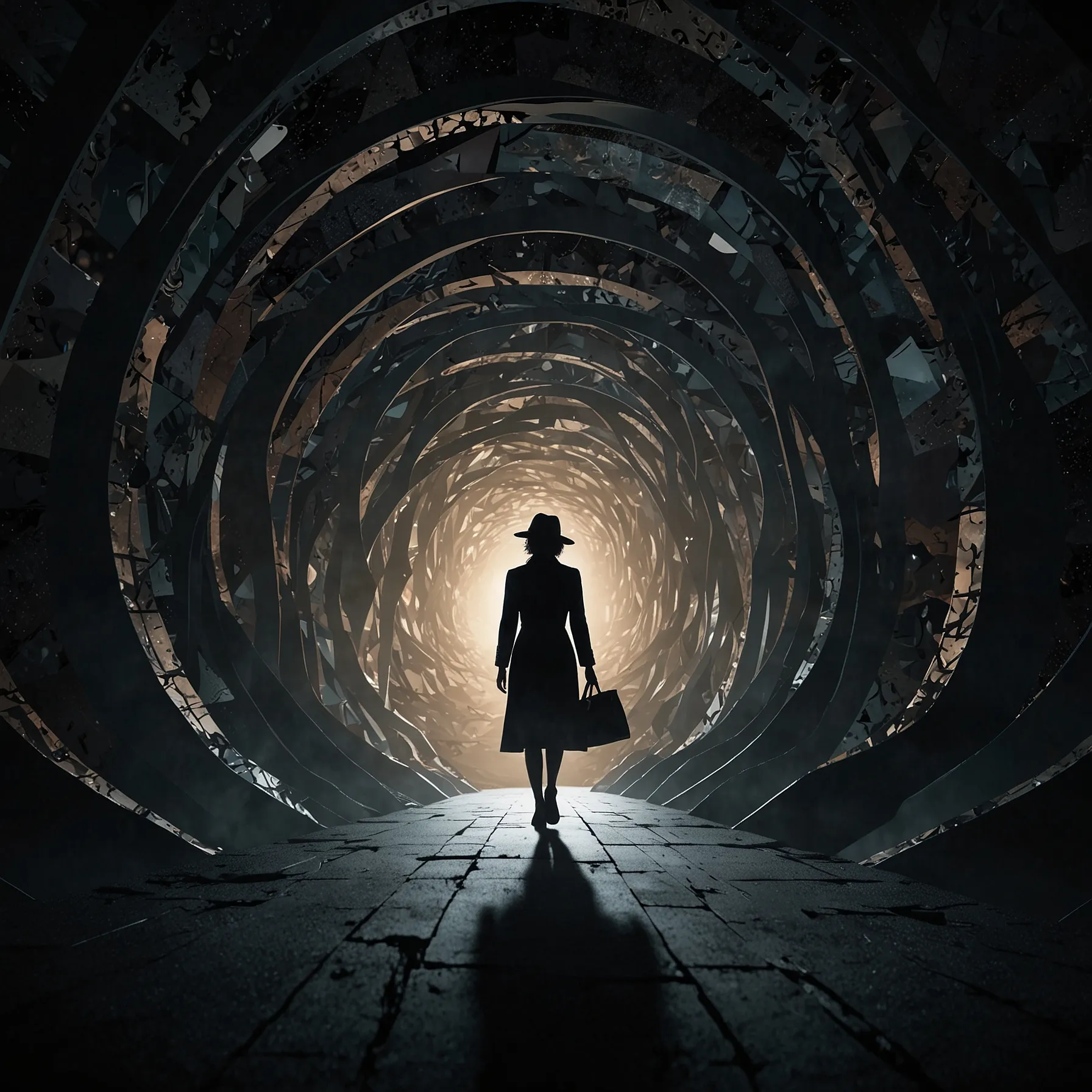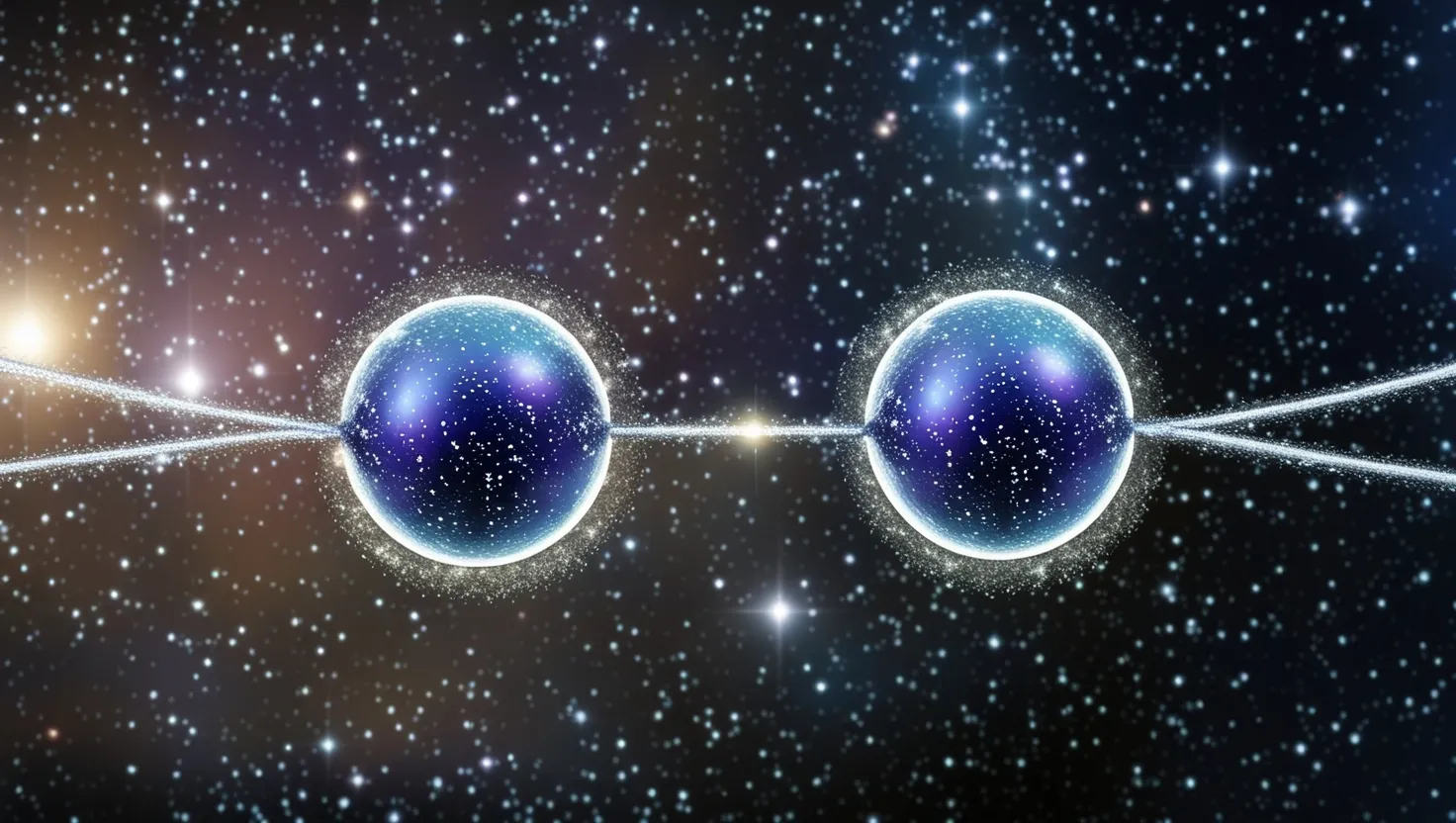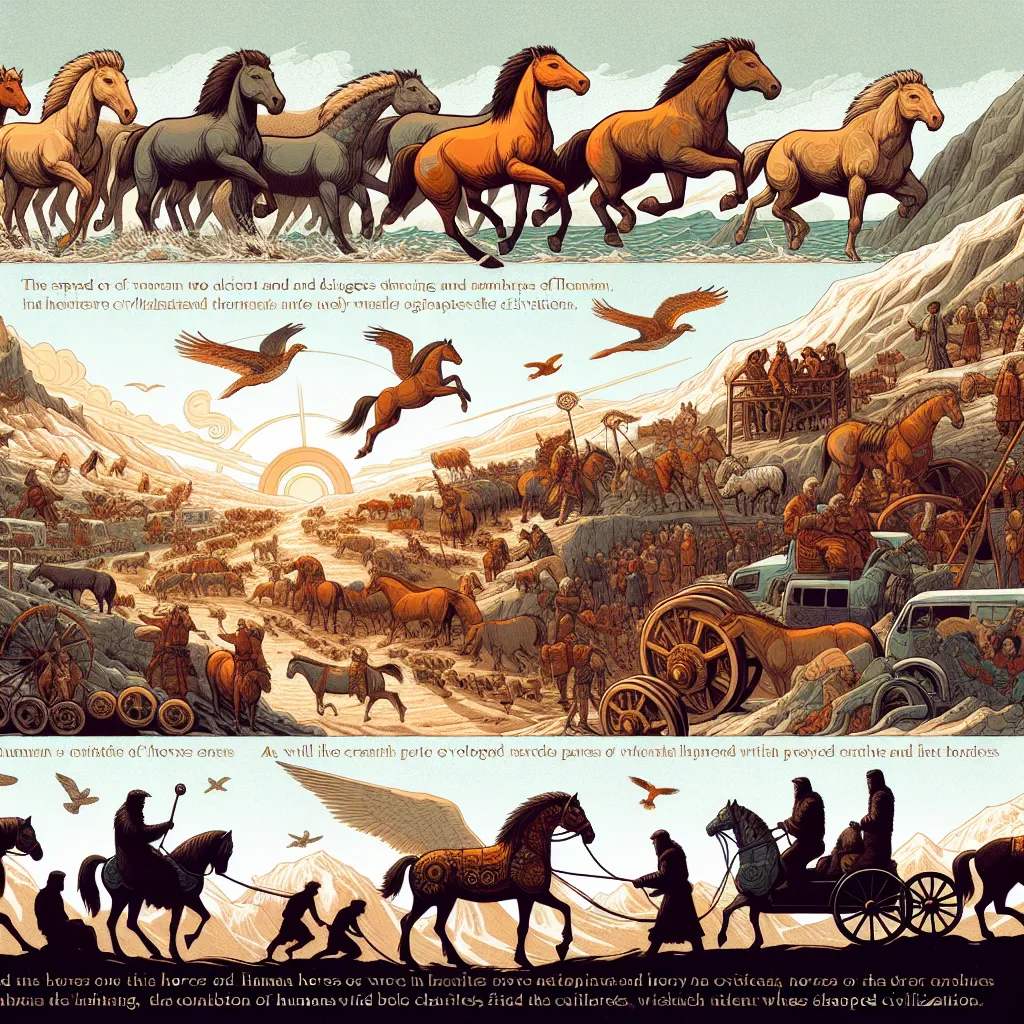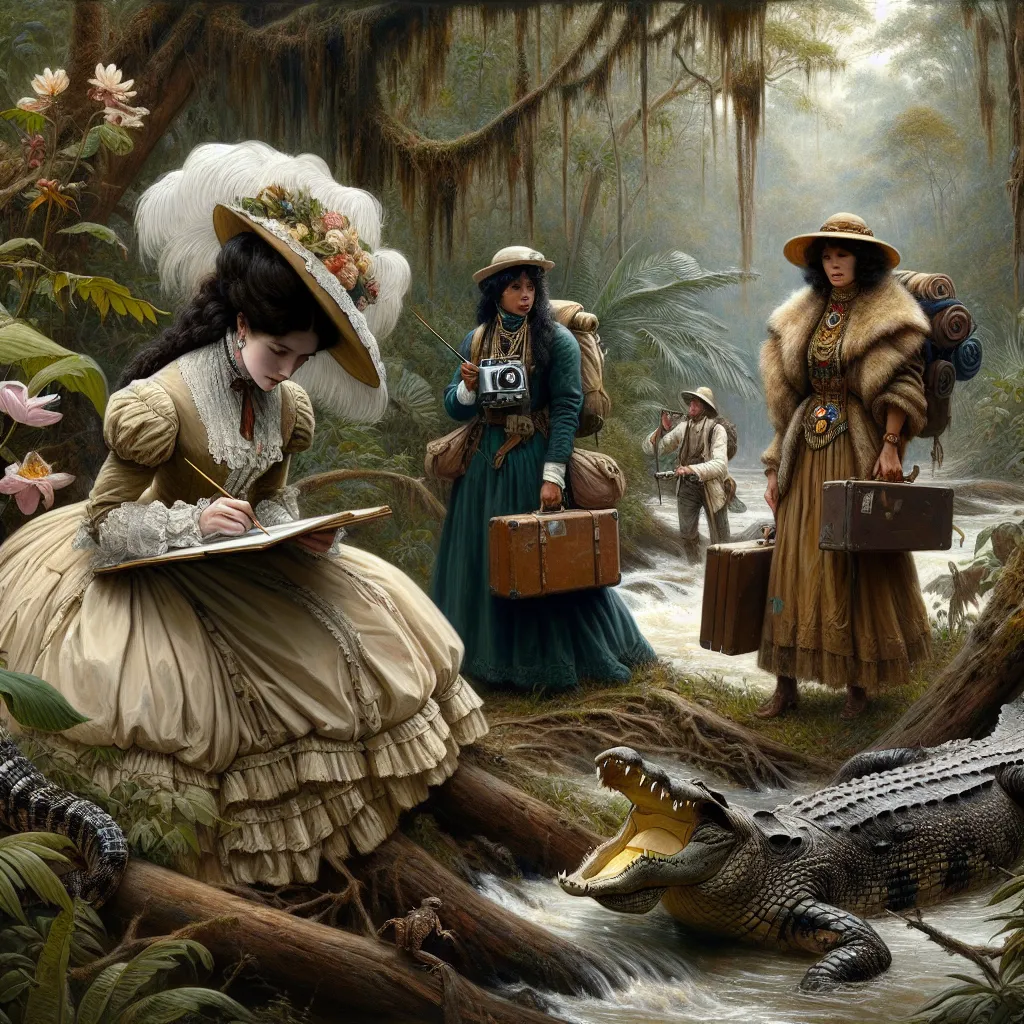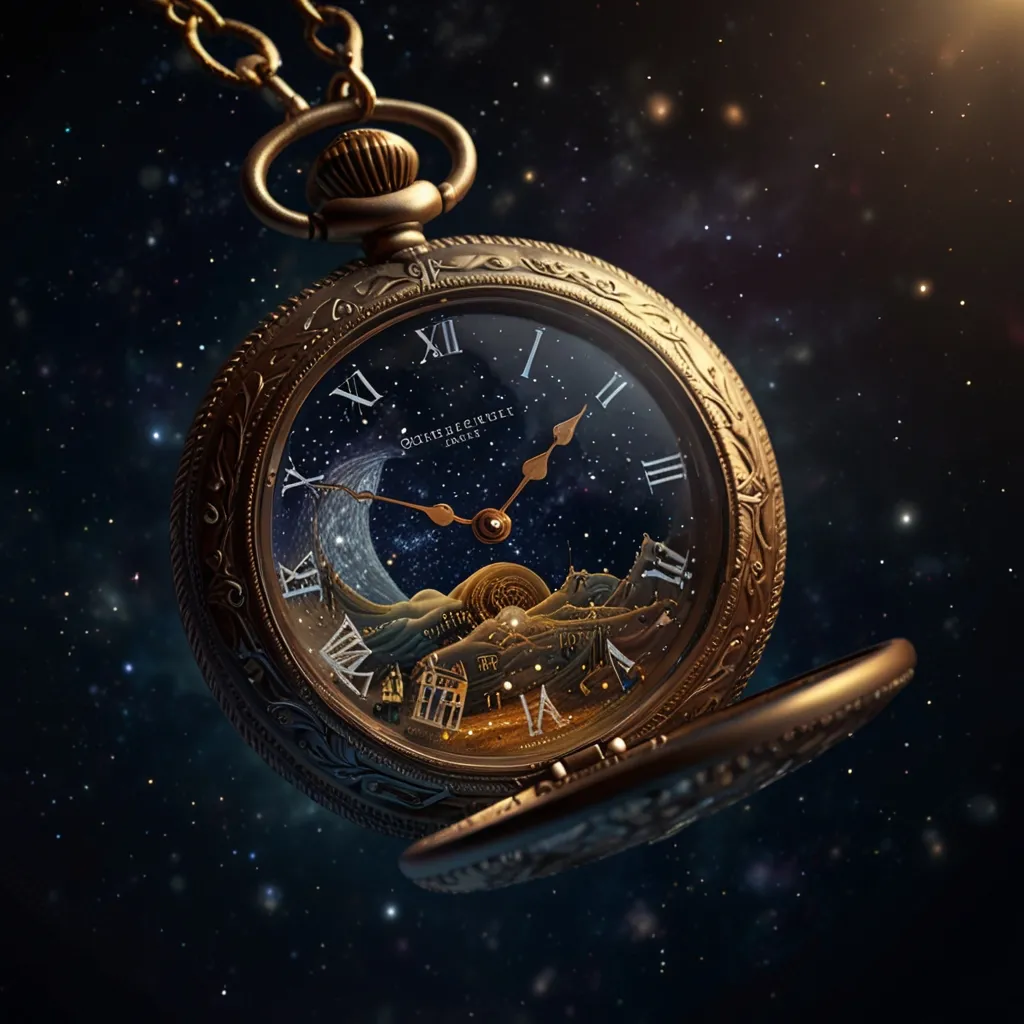In the realm of science, some of the most groundbreaking discoveries have been the result of sheer serendipity. These accidental findings have not only reshaped our understanding of the world but have also saved countless lives and transformed everyday life. Let’s delve into five of these serendipitous scientific discoveries that have had a profound impact on humanity.
The Accidental Glow of X-rays
Imagine a world where medical diagnostics relied solely on invasive procedures and guesswork. This was the reality until Wilhelm Röntgen stumbled upon X-rays in 1895. While experimenting with cathode rays, Röntgen noticed a fluorescent screen glowing unexpectedly, even though it was not exposed to any light. This chance observation led to the development of X-rays, a powerful tool for non-invasive imaging that has revolutionized medical diagnostics.
As Röntgen himself described, “I had been at work on a large vacuum tube and I happened to notice a peculiar black line on the wall of my lab. I turned off the lights and saw the line still there. I knew then that I had discovered something important.”
The Moldy Miracle of Penicillin
In the summer of 1928, Alexander Fleming returned from a vacation to find his laboratory in disarray. One of his petri dishes, left unattended, had been contaminated by a mold. Instead of discarding it, Fleming decided to examine the moldy sample more closely. What he observed would change the course of medical history: the mold had inhibited the growth of bacteria around it.
Fleming’s curiosity and meticulous observation led to the isolation of the mold, which he identified as Penicillium notatum. He named the antibacterial substance it produced “penicillin.” This discovery not only saved countless lives but also triggered invaluable research into other antibiotic drugs.
As Fleming reflected, “One sometimes finds what one is not looking for. When I woke up just after dawn on September 28, 1928, I certainly didn’t plan to revolutionize all medicine by discovering the world’s first natural antibiotic, or bacteria killer.”
The Cosmic Whisper of Microwave Background Radiation
In 1964, Arno Penzias and Robert Wilson were working at Bell Labs, attempting to eliminate noise in their radio astronomy equipment. Instead, they stumbled upon a persistent signal that they could not explain. After ruling out various sources of interference, they realized they had discovered something extraordinary – the cosmic microwave background radiation.
This ancient radiation, a remnant of the Big Bang, provided crucial evidence for the theory of the universe’s origins. Their discovery fundamentally changed our understanding of the cosmos and earned them the Nobel Prize in Physics in 1978.
Penzias and Wilson’s story is a testament to the power of curiosity and persistence. As Penzias noted, “The universe is a pretty big place. If it’s just us, seems like an awful waste of space.”
The Melting Chocolate Bar and the Microwave Oven
Percy Spencer, an engineer at Raytheon, was working with magnetrons for radar equipment in 1945. During one of his experiments, he noticed that a chocolate bar in his pocket had melted. This seemingly trivial incident sparked an idea – what if this technology could be used for cooking?
Spencer’s curiosity led him to test the magnetron on popcorn kernels and an egg, with dramatic results. The kernels popped rapidly, and the egg exploded due to the rapid heating. These experiments laid the groundwork for the development of the microwave oven, a kitchen appliance that has become ubiquitous in modern homes.
As Spencer’s story shows, even the most mundane observations can lead to revolutionary inventions. “The best way to get good ideas is to get a lot of ideas,” he once said.
The Radioactive Surprise
In 1896, Henri Becquerel was investigating the relationship between phosphorescence and X-rays. He placed uranium salts on photographic plates, intending to expose them to sunlight. However, due to overcast weather, he left the plates in a drawer, only to discover later that the plates had been exposed – not by sunlight, but by the uranium itself.
This accidental exposure led to the recognition of radioactive elements, opening up a new field of physics. Becquerel’s discovery, along with the work of his student Marie Curie and her husband Pierre Curie, paved the way for nuclear physics and radiology.
Becquerel’s finding highlights the importance of being prepared for the unexpected. As Marie Curie once said, “One never notices what has been done; one can only see what remains to be done.”
The Prepared Mind
These serendipitous discoveries underscore the role of chance and curiosity in scientific progress. They also emphasize the importance of a “prepared mind,” as Alexander Fleming’s story so aptly illustrates. A prepared mind is one that is curious, observant, and willing to explore the unexpected.
So, the next time you encounter something unusual, remember that it could be the start of something extraordinary. As Louis Pasteur once said, “Chance favors the prepared mind.”
In the world of science, accidents are not just mishaps; they are opportunities waiting to be seized. These stories remind us that even the most unexpected events can lead to groundbreaking discoveries that change the world.
